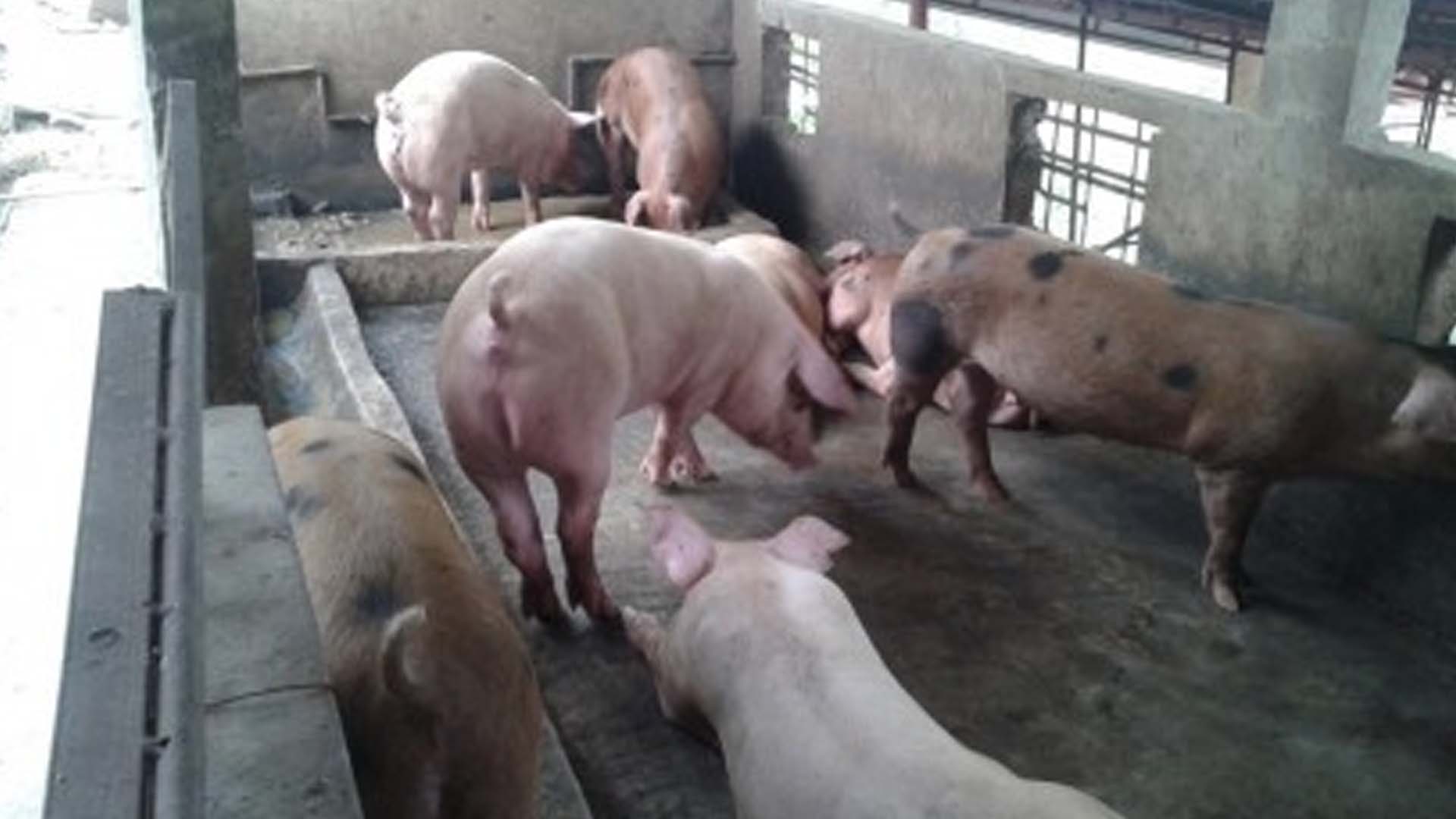After imposing a lockdown on the entry of all hogs and pork products from Davao Region, the province of Bohol has called on all mayors in coastal towns and cities to implement the measure in order to prevent African Swine Fever (ASF) from infecting the local swine industry.
Dr. Stella Marie Lapiz, provincial veterinarian, on Sunday said the effectiveness of the ban is dependent on the cooperation of the mayors as she warned that the PHP6-billion hog industry of Bohol is at stake.
Lapiz said acting Governor Rene Relampagos issued an executive order implementing the lockdown on Feb. 4, citing that “the recently affected area and the mainland Mindanao is considered a major threat considering its proximity and accessibility to the island province of Bohol”.
“The province of Bohol is pursuing all efforts to prevent the entry of the ASF virus into the province to safeguard the hog industry and food security benefitting Bohol and the entire country,” Relampagos said in the explanatory note in the executive order.
The provincial veterinarian said she urged the mayors, especially those in towns with seaports, to help in the implementation of the strict quarantine measures, particularly at the ports of Jagna and Tagbilaran City where there are regular trips from Mindanao.
The provincial veterinarian said their concern on ASF “may not necessarily be of public health importance, but it is of economic importance because ASF will not hit humans but will endanger our PHP6-billion hog industry in Bohol”.
Bohol has an existing ban on live hogs, pork and pork-related products from Luzon amid ASF cases in some areas there.
“It would surely hurt our backyard hog raisers who are supplying 85 percent of the food supply in the province. I just want to inform everyone that the ASF is nearing Bohol,” Lapiz said in a statement sent to the Philippine News Agency over the weekend.
The executive order prohibits the entry into the province of Bohol, of live hogs and frozen boar semen from Mindanao with or without documents.
The measure also bans the entry of “frozen pork meat and pork-related products and by-products, processed pork meat and pork-related products, whether cooked or uncooked, canned pork products and pork-related products, with or without documents, from the mainland of Mindanao.”
Feeds sourced and produced in the specific affected areas confirmed by the Bureau of Animal Industry (BAI) to have been ASF-hit are also banned in Bohol.
The ban remains in effect until such time it is expressly lifted by the provincial government.
On Feb. 2, BAI confirmed that ASF disease reached Davao Region.
Lapiz said authorities in the affected areas in Davao Occidental, such as in the town of Don Marcelino, ordered 13,000 pigs culled.
“If that (13,000 pigs) will be multiplied at PHP5,000 per head, we would lose around PHP65 million. If that will be paid by the government, that is how big the expense will be. That is only for one town,” she said.
She also shared that her fellow provincial veterinarians in other provinces had discussed in their group chats via private messenger that there had been a number of affected hog raisers who had been given such indemnification.
For the affected hog raisers in the town of Don Marcelino, the Department of Agriculture assured paying PHP5,000 per head of culled pig, regardless of age, and will provide PHP30,000 worth of loans.
She said it would drain the government coffers if the spread of ASF is not intercepted at ports of entry.
The Office of the Provincial Veterinarian (OPV) already installed power sprayers for the vehicles from Mindanao entering the province via roll-on roll-off (RoRo) vessels even if they are not carrying live animals.
Pork products and live animals from Cebu are exempted from the ban, as long as they have the documents, Lapiz said.
Although quarantine reports said there are no live animals from Mindanao that entered Bohol since October 2019, Lapiz said, however, that there was still meat from the southern regions that had entered the province during such period as these had been supplied to hotels in Panglao. (PNA)








